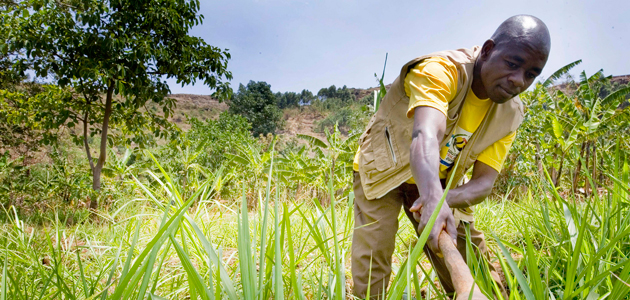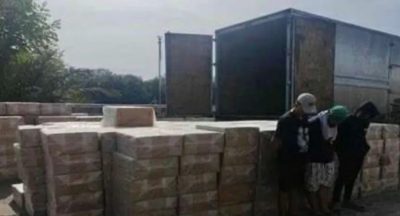
Working Together To Stop Fake Agricultural Products In Uganda
Last month Emmanuel was in despair. His entire crop of maize had perished after he used a fertiliser product he now realised was fake. What could he do now that he and his family of six had nothing left to live on? In Uganda, the sale of counterfeit agricultural inputs is a problem that affects some of the most vulnerable segments of the population. Smallholder farming provides the critical lifeline for many rural Ugandans so a threat to the integrity of agricultural input supplies is a threat to the heart of the country. According to a report for the Bill and Melinda Gates Foundation, Ugandan manufacturers lose between US$10.7- and US$22.4 million annually due to counterfeit maize, herbicide and inorganic fertilizer sales*. These kinds of figures are staggering. The average size of a small farmer’s land in Uganda is 2.5 hectares (6 acres) and average per capita income was just $506 in 2012.
Related Posts
Beware! The medicines you are buying may be fake
As India witnesses an increased incidence of communicable and non-communicable...
Diesel Speeds Up Measures Against Counterfeiting
Diesel has started a comprehensive offensive strategy to protect its brand. Since...
P11.1M in smuggled cigarettes seized in Himamaylan
More than P11.1 million worth of alleged smuggled cigarettes were confiscated...
Fake university uses Apple Store pics to lure unsuspecting students
Move over Xiaomi! While it’s easy to claim that China’s biggest smartphone...





